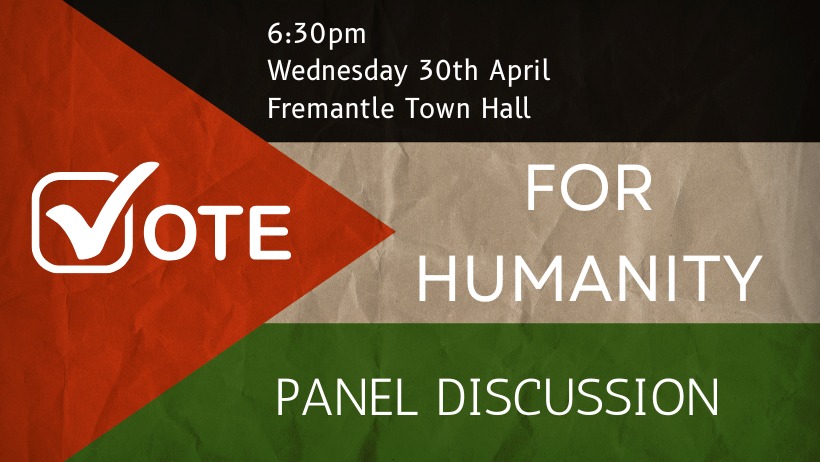Thanks to Anson for sharing this article with us on Facebook.
n.b. To really make your vote count, right to the very lat round of vote counting, Fill in every box above the line, fill in every box below the line. See why in the videos below.
Islamic Perspectives on Voting in a Democracy
Summary of Scholarly Views
• Many contemporary Islamic scholars permit voting in democratic systems, especially when it is seen as a way to protect Muslim interests, promote justice, or minimize harm. These scholars argue that participating in elections can help bring about beneficial change, protect rights, and is often the lesser of two evils compared to having no influence at all.
• This permissibility is generally based on the intent: voting to secure rights or prevent greater harm is considered acceptable, not as an endorsement of non-Islamic systems but as a pragmatic measure.
• Some scholars, however, argue that voting in a non-Islamic system is impermissible, viewing it as tacit approval of laws and governance contrary to Islamic principles. They believe participation may legitimize systems that do not rule by Islamic law.
• The issue is not unanimously agreed upon; the ruling can depend on context, intent, and the potential impact of Muslim participation in a given society.
Key Points
• Voting is not inherently an act of worship or a matter of creed (ʿaqīda), so the default ruling is permissibility unless clear harm or contradiction to Islamic principles is present.
• Abstaining from voting is also allowed for those who wish to avoid any doubt or if their participation would make no meaningful difference.
• The majority view among scholars is that voting is Islamically permissible when it serves to prevent harm or bring benefit to the community.
Conclusion
Voting in a democracy is generally considered Islamically permissible by many scholars, especially when it aims to protect Muslim interests or reduce harm. However, some scholars disagree, so individuals are encouraged to consult knowledgeable scholars familiar with their local context if in doubt.
In the end it boils down to context and not aqeedah. If you go with the intent that you are legitimising human law making, you are doing shirk.
If you go with the intent that you are doing a struggle to prevent harm, you are doing the right thing. And consequently it is important to make decisions which will prevent more harmful people from coming into positions where they will be able make laws that affect you.
Can voting in a non-Islamic system ever be considered a form of kufr?
General Scholarly Consensus
• Voting in a non-Islamic system is not inherently an act of kufr (disbelief) according to the majority of contemporary scholars.
• Kufr is only committed if a person believes that man-made laws are superior to, or should replace, Allah’s laws, or if they support a system that intentionally rejects Allah’s sovereignty out of conviction.
• Simply participating in elections, especially with the intention of minimizing harm or securing Muslim interests, does not constitute kufr.
Key Distinctions
• If someone votes while believing that people have the right to legislate over Allah, or that non-Islamic law is better than Islamic law, that belief itself is kufr.
• Voting as a practical measure-without endorsing non-Islamic law as superior, is not kufr, nor does it make one an apostate.
• Scholars warn against making sweeping accusations of kufr against those who vote, as this is a serious charge in Islam and must be based on clear evidence of belief, not mere action.
Conclusion
Voting in a non-Islamic system is not considered kufr unless accompanied by the belief that non-Islamic law is superior to Allah’s law or a rejection of Islamic principles. The default position among mainstream scholars is that voting is permissible when done for legitimate reasons, and accusations of kufr should not be made lightly.
For more information about Muslim Votes Matter go to: muslimvotesmatter.com.au Muslim Votes Matter on X.com











